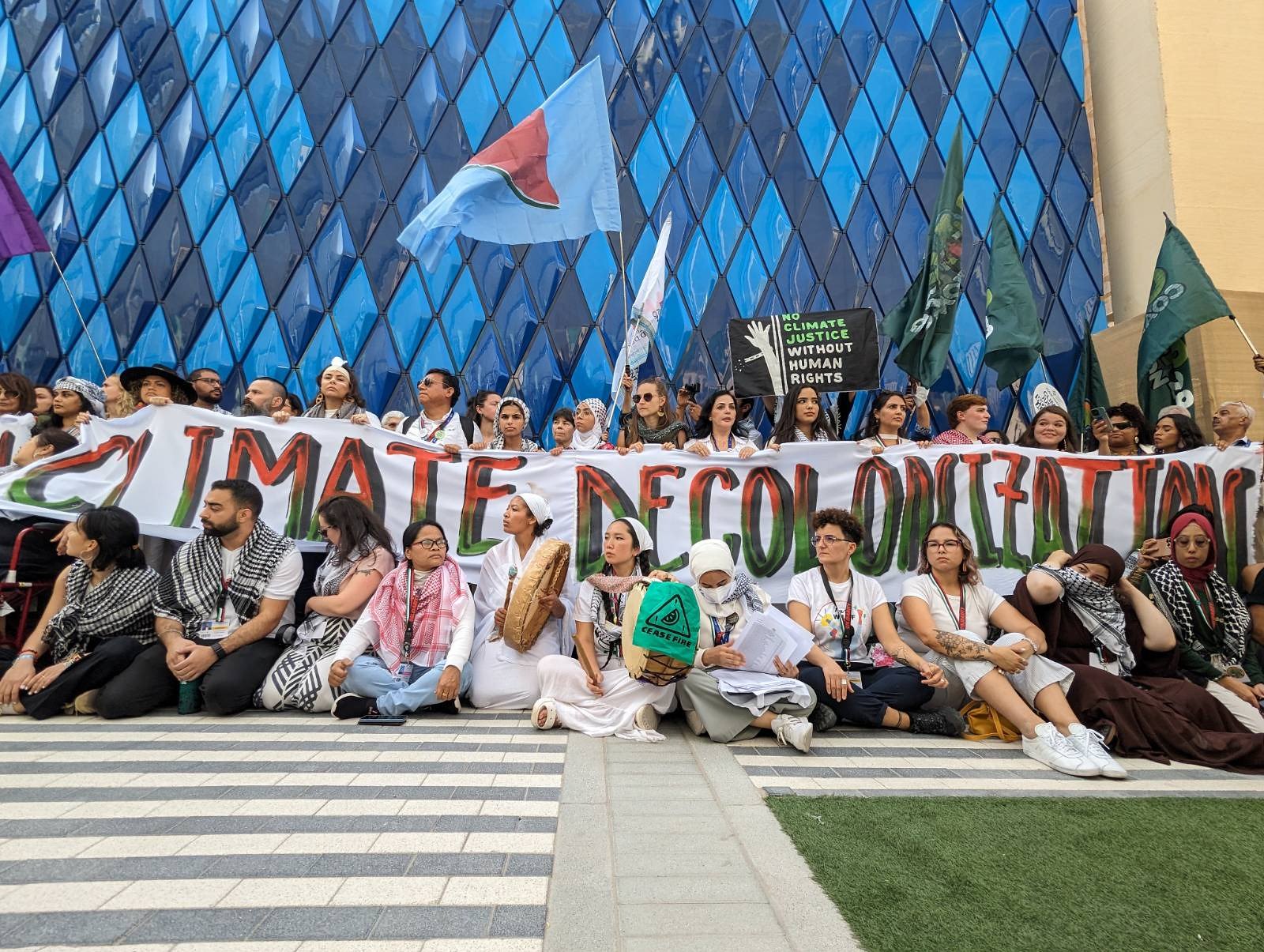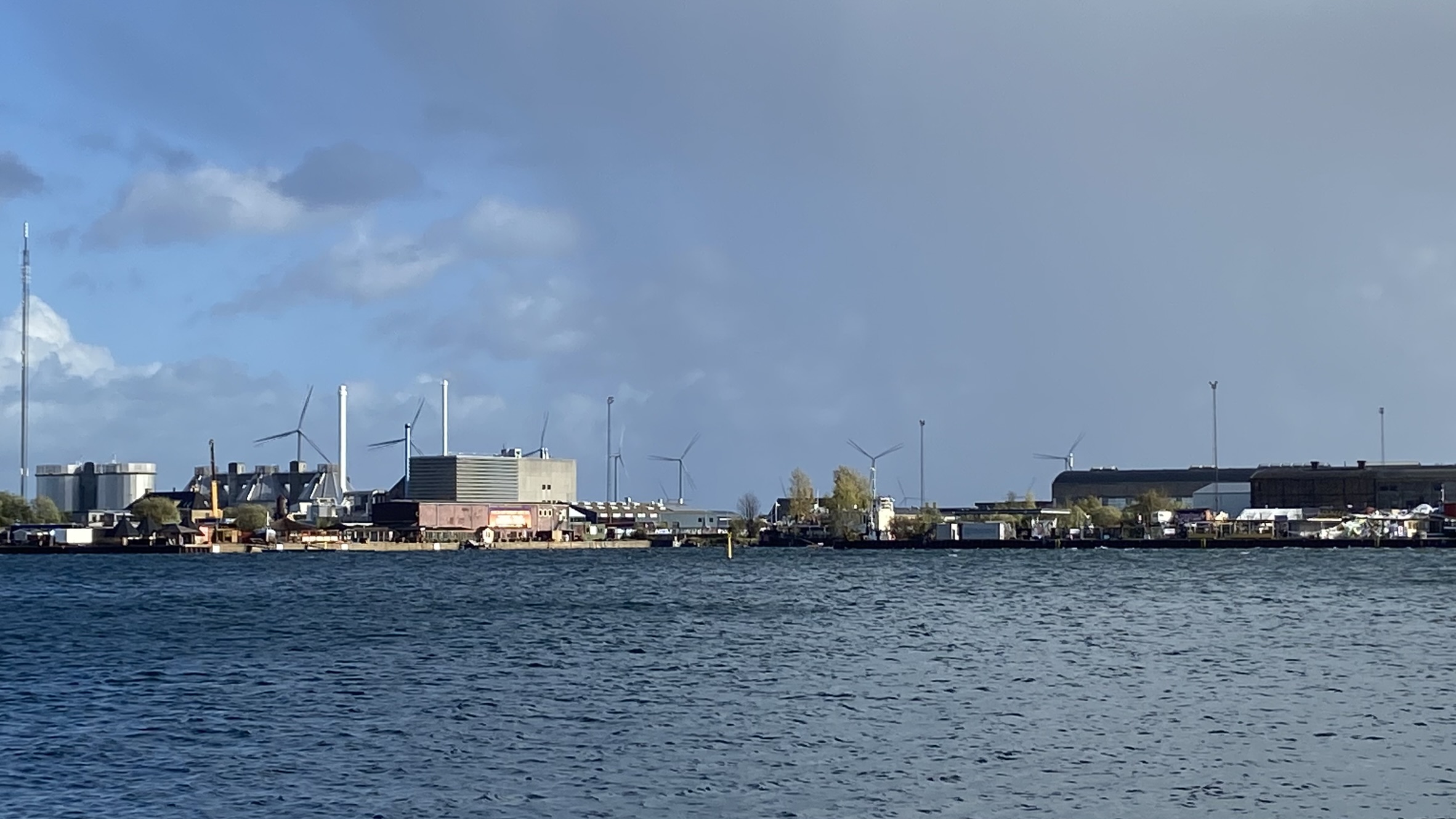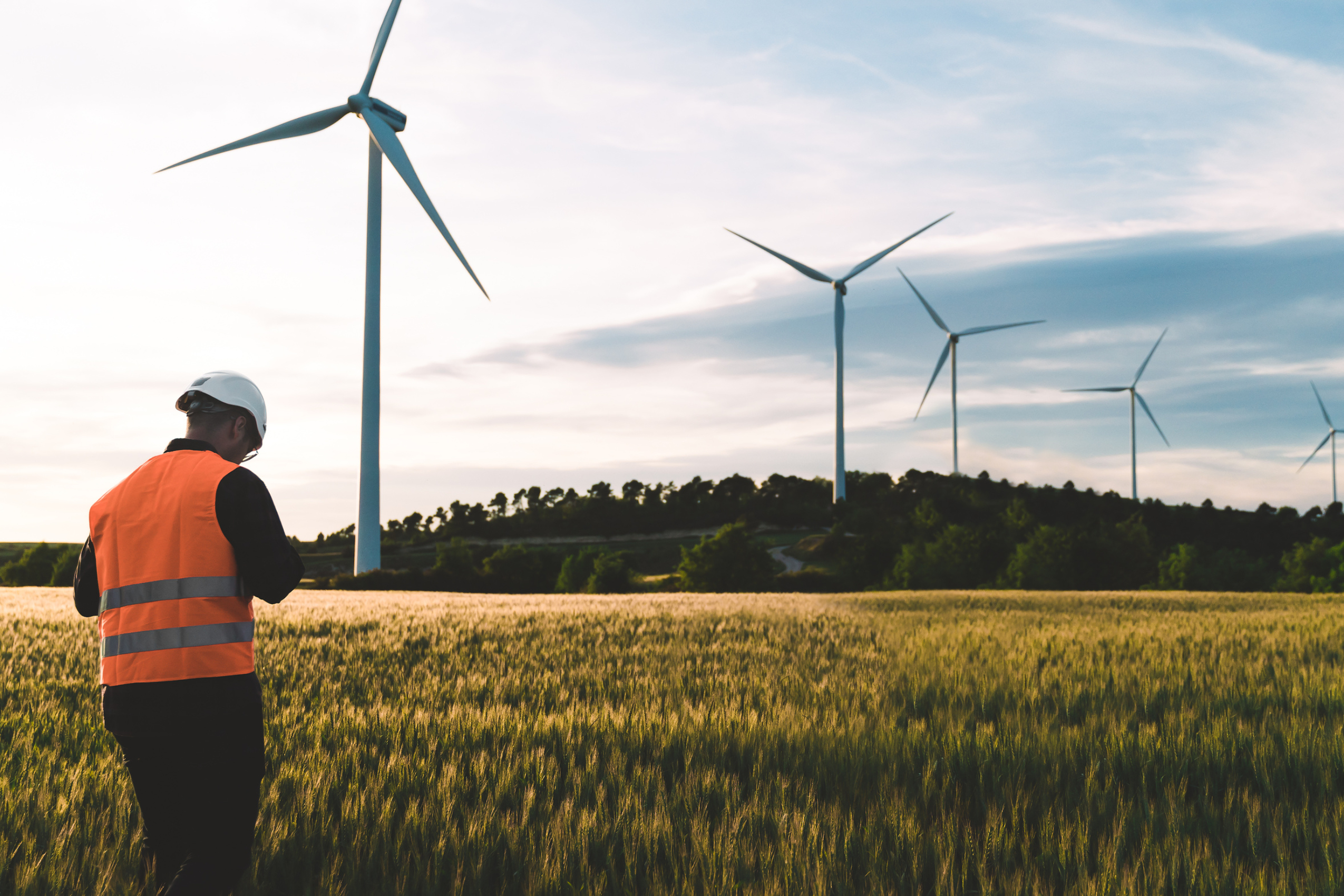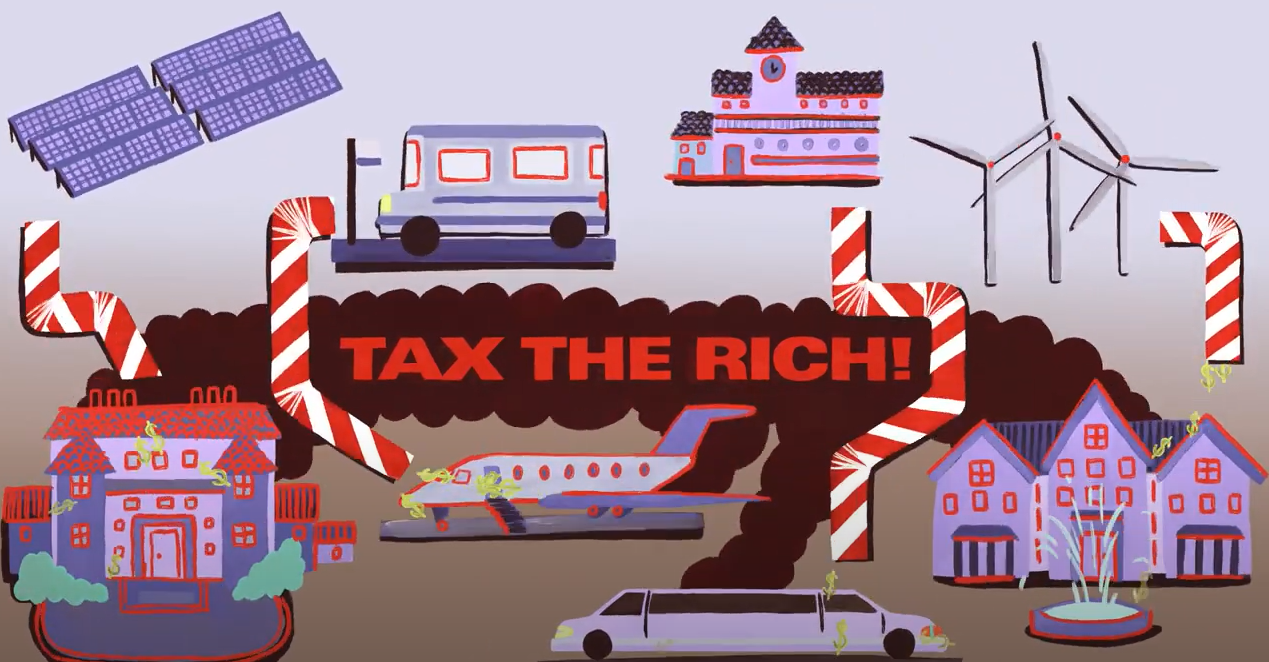International activists are gathered this week in Madrid, Spain, to take part in the twenty-fifth session of the Conference of the Parties (COP25) to the United Nations Framework Convention on Climate Change (UNFCC). Initially planned to take place in Santiago, Chile, the Climate Change Summit was relocated after Chile dropped as the host country after the Chilean’s people took the streets in protests as a legitimate reaction to fundamental social injustices and a lack of opportunities for participation, which have been curtailing the fundamental rights of Chileans for decades.
As in previous years, the Rosa Luxemburg Stiftung is representing civil society at the COP. After it was announced that Madrid would host the event, we decided to split up our international delegation and report from both cities, that is, from the UN climate summit and the counter-summit “Cumbre Social por el Clima” in Madrid, and from the “Cumbre de los Pueblos” and “Cumbre Social por la Acción Climática” in Santiago as well.
Our office is represented in Madrid by our friends from Trade Unions for Energy Democracy (TUED) and by key allies in the global climate movement. On December 7, TUED, working alongside key unions, national centers, and policy allies, will be hosting the roundtable Reclaiming Energy to Public Ownership to address the need to develop forward-looking arguments to defend public energy systems against sustained efforts to privatize and marketize them, and to be alert allies to the “green structural adjustment” agenda of the World Bank and IMF. The roundtable will also make visible efforts to take energy systems back into public ownership where they have been privatized. The main goal of the roundtable is to discuss how the international trade union movement and its allies can be more forceful and effective in putting forward a bold, pro-public narrative anchored in a “global public goods” approach.
This year we are also joined again by a delegation of Indigenous women leaders from Kenya. In collaboration with the women’s rights organization MADRE and the Indigenous Information Network from Kenya (IIN-Kenya), we have invited three key leaders from Indigenous communities to mobilize Indigenous women experts to strengthen climate and gender policies that promote women’s rights and social transformation.
Alice Lesepen is a Rendille Indigenous woman leader of Merigo women’s group in Marsabit in Northern Kenya. Alice has been a driving force for women in her home community, mobilizing and empowering women at the local level to farm the arid land and setting up alternative livelihoods for Indigenous families.
Jolene Leparakuo is a Maasaii woman from the Narok county. Despite not having elementary or high school education, Jolene is a leader, manager, and advisor to other leaders in her community. She is a mentor to young women who see her making a difference in their community. She is currently the manager of IIN field office in Kilgoris Transmara of Narok County.
Selina Chemunung is from the Pokot community in Chebareria. Selina has proved to be a leader in this strong patriarchal community. Together with other women, she has been attending several trainings by IIN and MADRE. As a single mother, she has been working hard to create visibility in her community and bring awareness amongst community leaders. As a result of her leadership, she has been elected as a water committee member, a position that she’s held now for 5 years. Currently, Selina plays a key role as committee member of schools in her community.
For full coverage of events in Madrid and Santiago, visit the Climate Dossier put together by our office headquarters and stay tuned for more updates.



